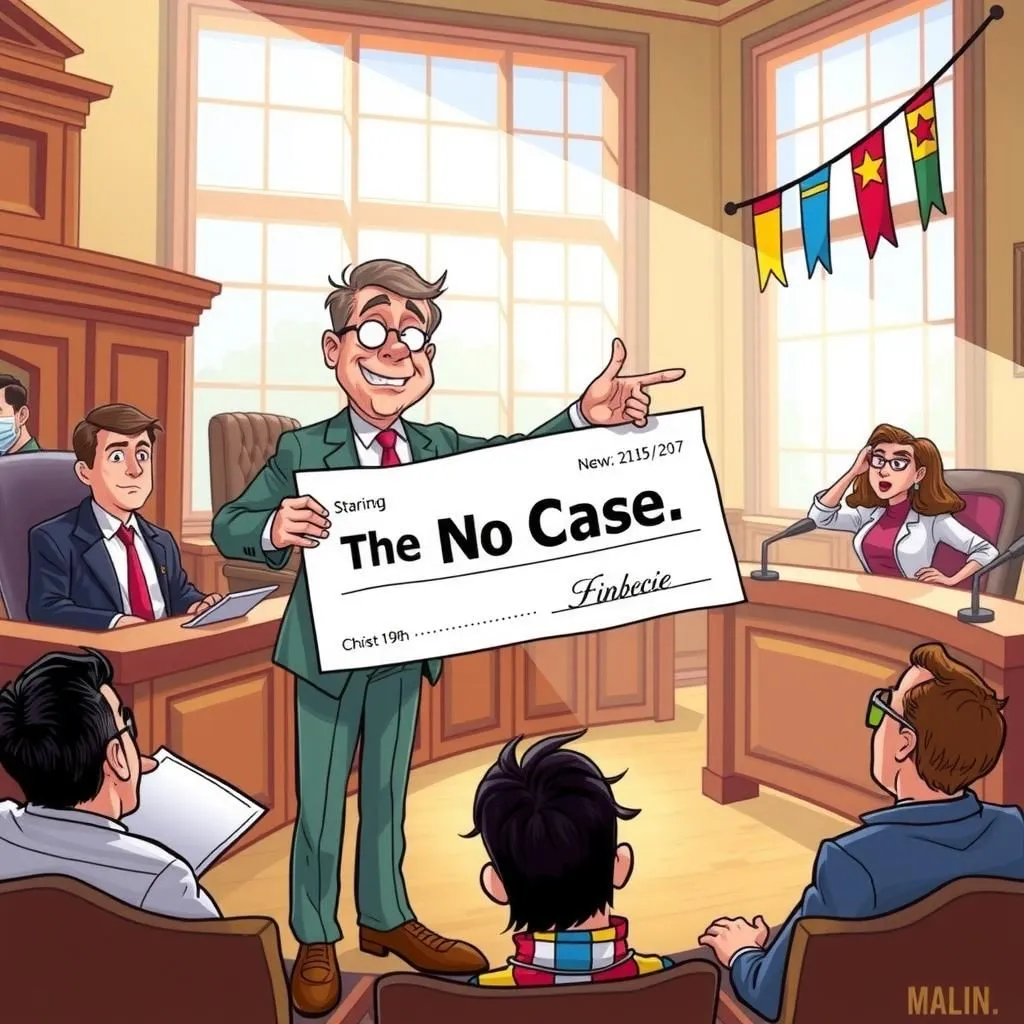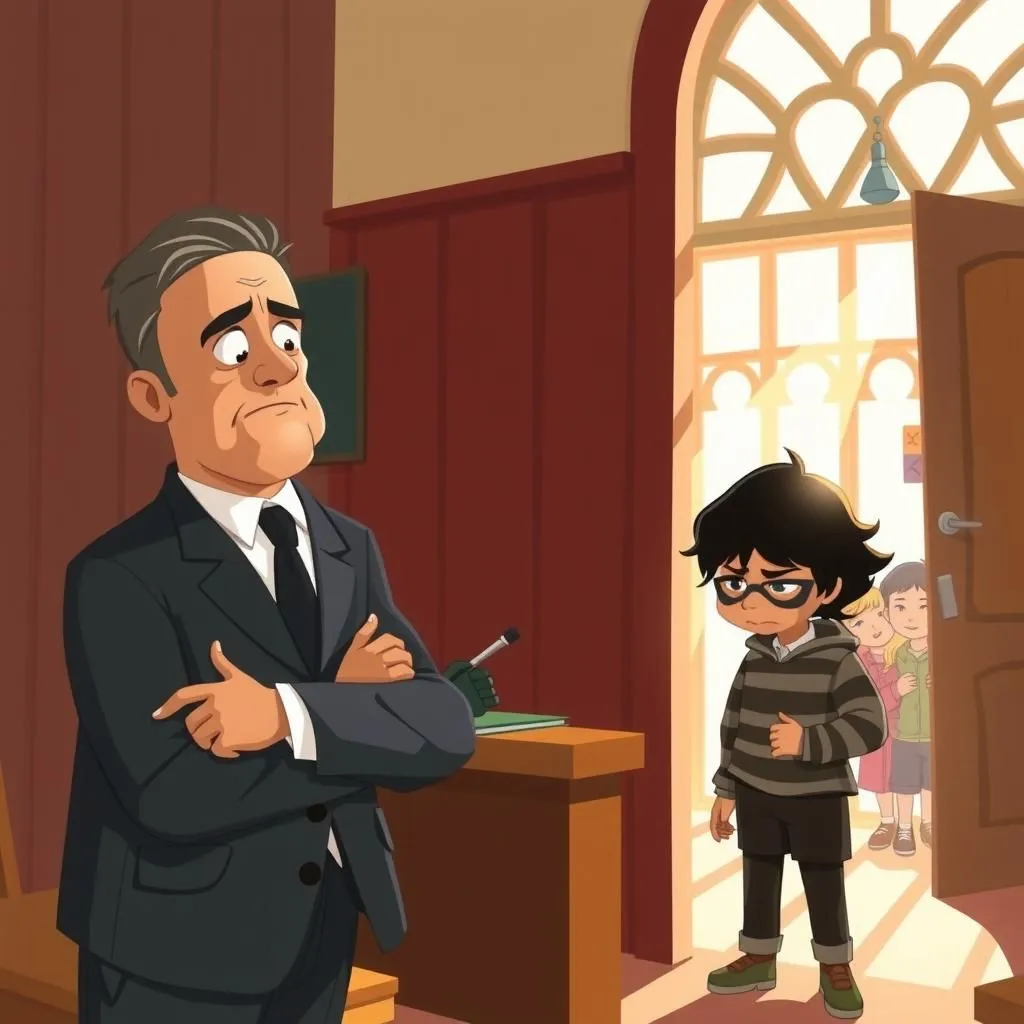
The Goose and the Swan
In this moral story, a wealthy man keeps a Goose for food and a Swan for her beautiful singing. When the Cook mistakenly tries to kill the Swan instead of the Goose, she sings to save herself, but tragically dies from the strain of her efforts. This short story serves as a poignant lesson about the futility of sacrifice when faced with greed, making it a valuable tale for both kids and adults.


